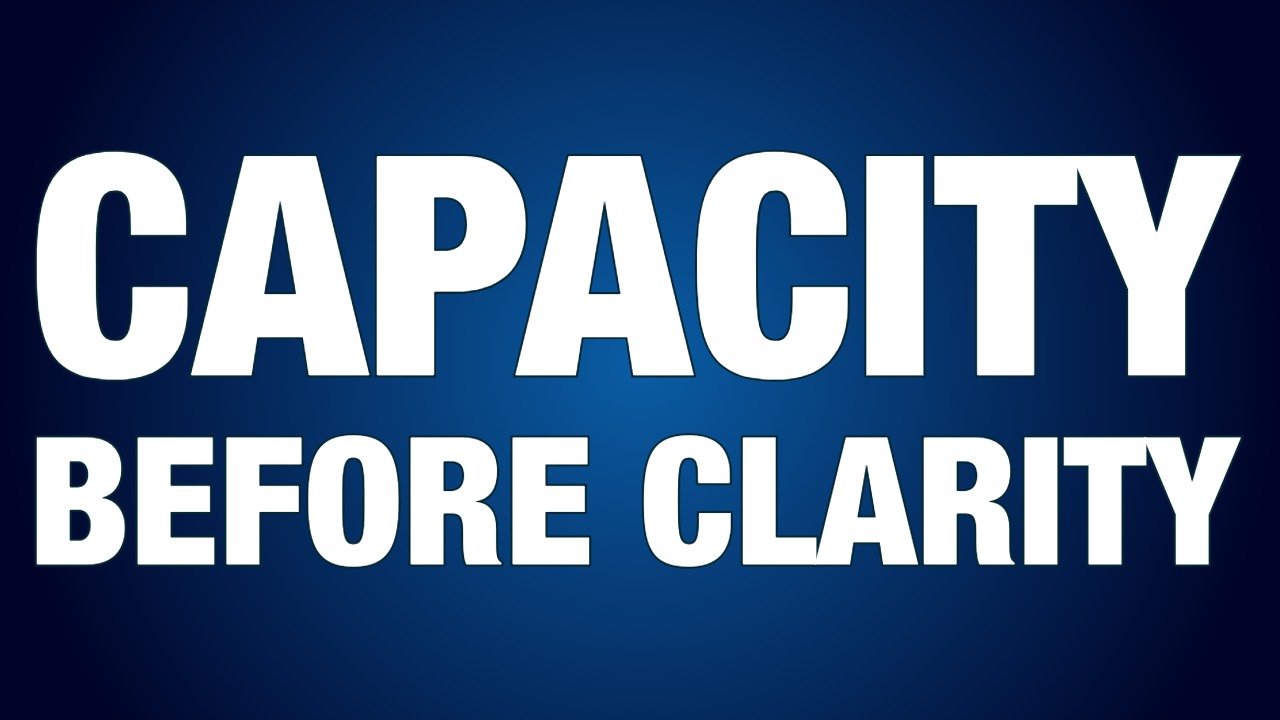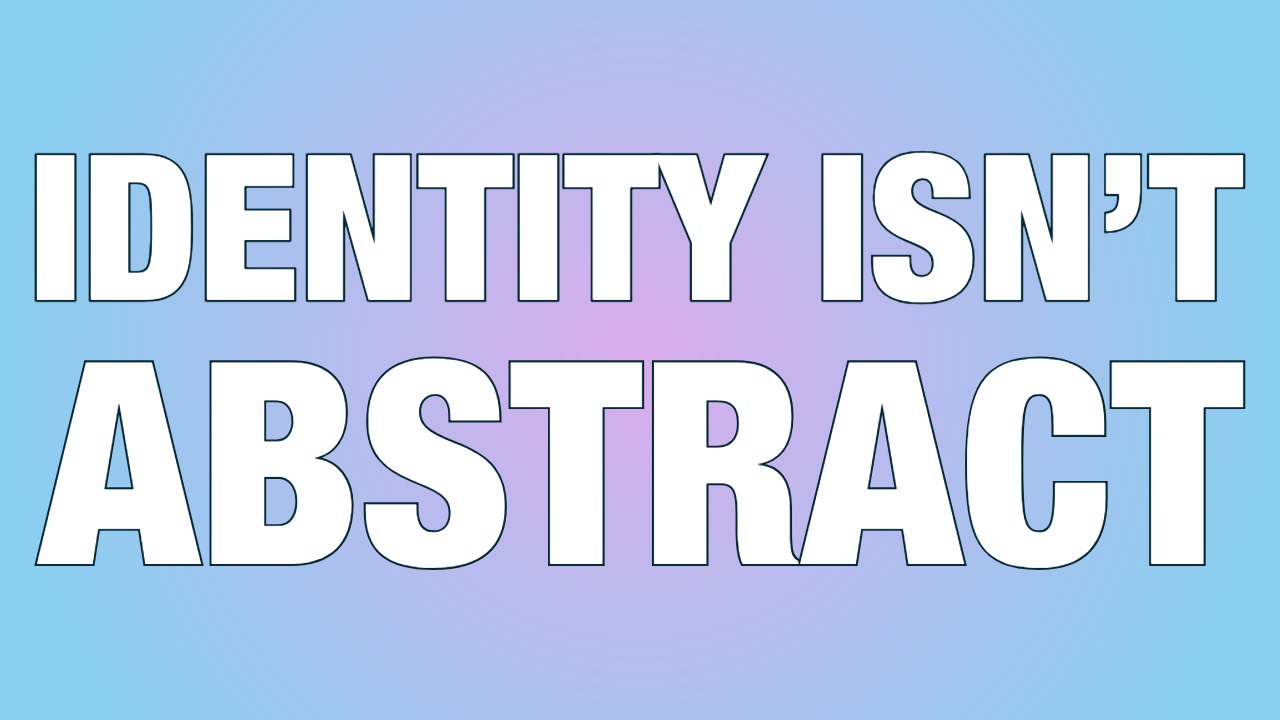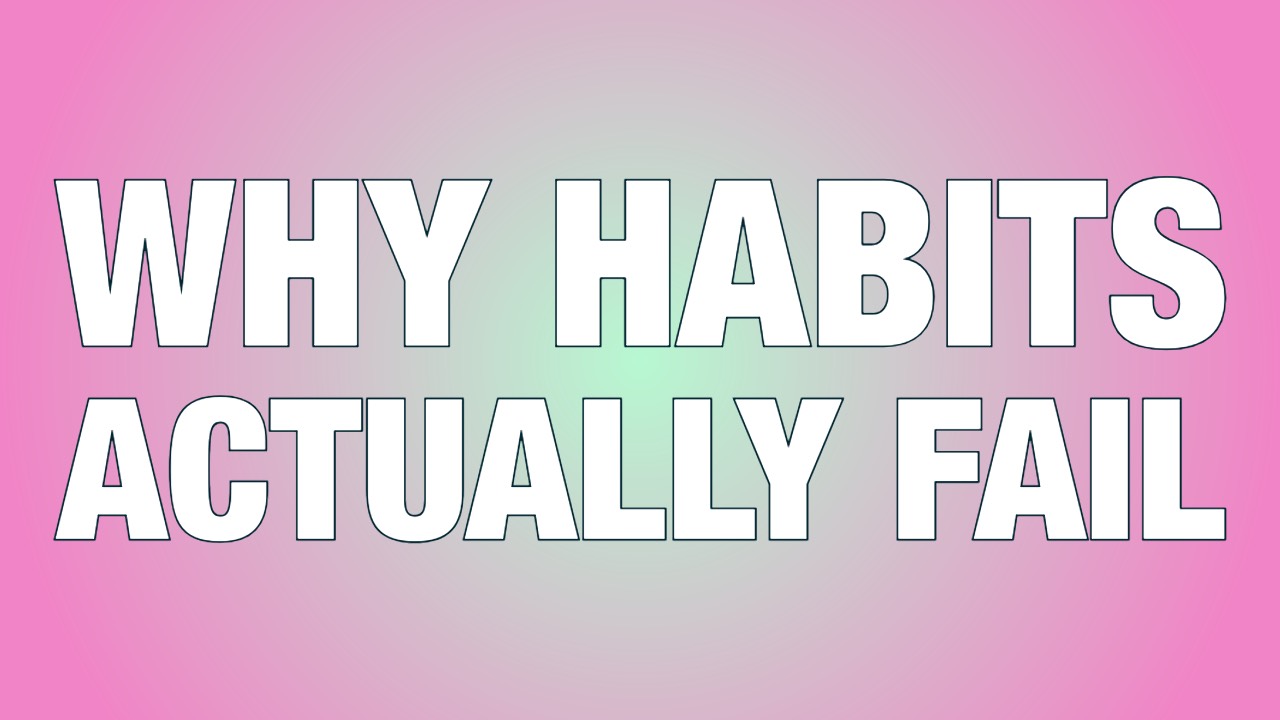The World’s Most Accessible Antidepressant
Why the Cheapest, Most Overlooked Habit Outperforms Pills, Hacks, and Half the Self-Help Industry
Here’s the blunt truth:
The most powerful antidepressant isn’t patented, branded, or hidden behind a prescription pad. It doesn’t come in a bottle. It doesn’t cost $300 an hour.
It’s laced up in your closet right now.
Walking. Moving. Breaking a sweat.
We’ve known this for decades, but we keep pretending otherwise: the human body was designed to move, and when it doesn’t, the mind suffers.
The Evidence Nobody Wants to Hear
In 2023, researchers at the University of South Australia analyzed over 1,000 studies on depression interventions. Therapy, pharmaceuticals, combination treatments, lifestyle tweaks—everything.
The undisputed winner? Exercise.
Not as an “adjunct.” Not as “bonus points.” But as the single most effective lever for reducing depressive symptoms.
Thirty minutes of movement, performed consistently, showed results stronger than many common medications and with zero negative side effects.
Think about how insane that is: the gold standard for depression might not be in a psychiatrist’s office. It might be outside, on your block.
Biology Doesn’t Lie
Why does exercise hit harder than the latest guru, hack, or pill?
Because it plugs straight into the nervous system’s deepest circuitry:
-
Endorphins & endocannabinoids: Nature’s own antidepressants. Exercise releases them in doses big enough to change mood chemistry.
-
Neurogenesis: Physical activity stimulates new cell growth in the hippocampus—the very brain region depression shrinks.
-
Stress regulation: Regular movement recalibrates the HPA axis, lowering cortisol and breaking the cycle of chronic stress.
-
Embodiment: Depression traps you in the skull. Exercise drags you back into the body, into blood and breath and bone.
This isn’t “woo.” It’s physiology.
Why We Ignore the Obvious
So why isn’t every doctor prescribing movement as the first line of defense?
Because it’s too simple.
You can’t brand it. You can’t sell it for $999. You can’t turn “go for a walk” into a TED Talk empire.
The mental health industry, like the self-help industry, thrives on complexity. It sells frameworks, supplements, hacks—because complexity feels sophisticated, and sophistication feels safer than doing the brutally obvious thing.
Meanwhile, gyms market six-packs and aesthetics, not neurochemistry. And so the idea that exercise is medicine gets buried beneath vanity metrics.
The Resistance is Emotional, Not Physical
Let’s be honest: moving your body when you’re depressed is hell.
It feels pointless. Heavy. Stupid. Like dragging bricks uphill. That’s the paradox: the very thing that heals you feels impossible when you need it most.
So we rationalize. “I need the right program.” “I’ll start when I have energy.” “Maybe I should research this more.”
Translation: we’re scared to face the discomfort head-on. We’d rather buy time with books, pills, or podcasts than put one tired foot in front of the other.
But here’s the secret: you don’t need motivation. You need motion. The chemistry follows.
Walking as the Forgotten Ritual
Forget Peloton. Forget biohacking. Forget 75 Hard.
The most radical act of self-repair might be stupidly primitive:
-
30 minutes of walking.
-
Outside.
-
Every day.
That’s it.
The ritual matters more than intensity. The consistency matters more than perfection. The fresh air and natural light—both proven to stabilize circadian rhythms and improve serotonin—matter more than your Fitbit data.
Walking is not just exercise. It’s embodied prayer. It’s nervous system hygiene. It’s medicine disguised as the most ordinary act on earth.
The Bigger Picture: Exercise as Rebellion
In a culture built on speed, screens, and sedentary jobs, moving your body isn’t just healthy. It’s revolutionary.
Every walk is a refusal. A refusal to let your nervous system rot in fluorescent light. A refusal to hand your mood entirely to pills, screens, and algorithms.
Exercise reconnects you to the primal truth: you are not just a mind floating through the digital ether. You are a body. A beast. A breathing, sweating, moving organism that heals itself through rhythm and repetition.
Final Word
Here’s what no guru will tell you:
Most of your “problems” aren’t intellectual. They’re physiological. You’re not lazy—you’re sleep-deprived. You’re not weak-willed—you’re under-moved. You’re not broken—you’re living against your design.
So before you throw money at another system, try this:
Sleep eight hours. Walk thirty minutes. Move every day.
Not as punishment. As medicine.
Because the most overlooked antidepressant isn’t in your pharmacy.
It’s in your blood, waiting to be released the moment you start moving.
So lace up. Step outside. And remember: the cure is already in you.




Responses